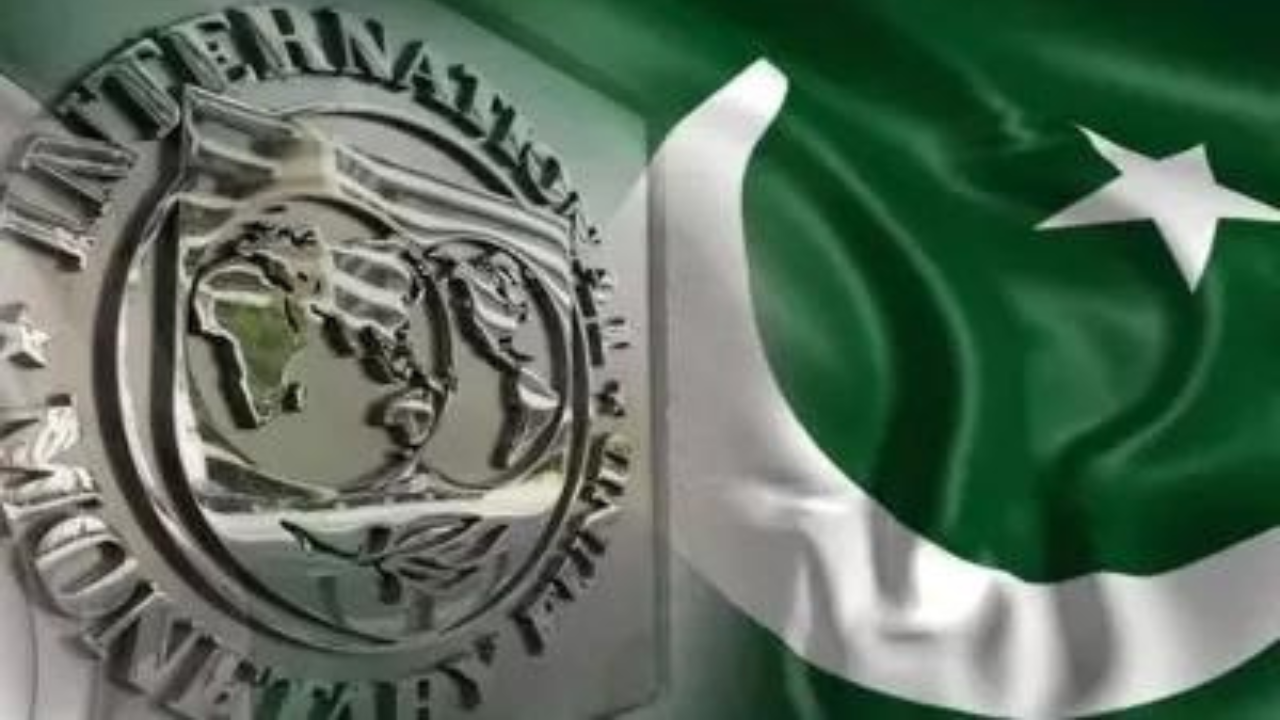The agreement is “on the second and final review of Pakistan’s stabilisation programme”,saidNathan Porter, the head of the IMF team that held talks in Islamabad from March 14-19.
The money, according to the global lender, will be disbursed after approval by IMF’s executive board before the deal, agreed last year, expires on April 11.
“Pakistan’s economic and financial position has improved in recent months, but growth is expected to be modest this year and inflation remains well above target,”an IMF statement said. It added thatIslamabad will need more policy reforms to address “deep-seated economic vulnerabilities”.
Pakistan is desperately seeking financial assistance from global lenders and bilateral partners to shore up its $350 billion economy, which has been under severe stress for two years. Its economy is particularly burdened by debt obligations, which amount to more than $130 billion of external debt. Pakistan’s foreign reserves — a paltry $8 billion — are enough to cover only two months of imports in a country that relies on imported goods to fuel its economy.
Meanwhile, inflation stands at 23%, and the country’s currency has lost more than 50% of its value against the US dollar in the last two years.
To fight the crisis, Pakistan finance minister Muhammad Aurangzeb recently said the govt was looking for a “longer, larger” IMF bailout package once the current deal expires.
